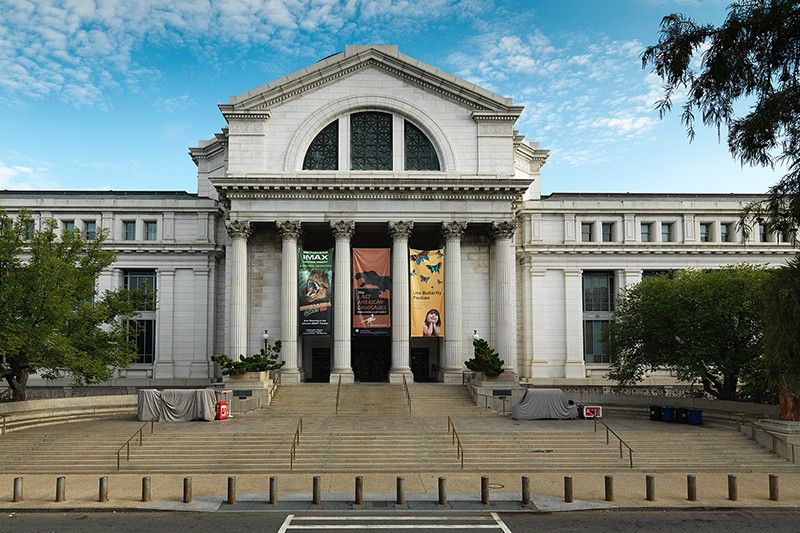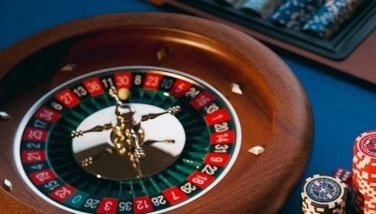US museum eyes to repatriate Filipinos' remains from racial brain collection

MANILA, Philippines — The National Museum of the Philippines (NMP) has welcomed the initiative of the Smithsonian National Museum of Natural History (NMNH) to bring home the remains of Filipinos stored in their collection for years.
The move comes after the release of the investigative report by The Washington Post published on August 14, which exposed the Smithsonian NMNH in Washington D.C.'s racial brain collection, the anthropologist behind its curation and the stories of people whose brains were taken.
According to the investigative series, the US museum has at least 30,700 human bones and other parts, including 255 brains.
"The Smithsonian still holds the brains of people from at least 10 foreign countries, including the Philippines, Germany, the Czech Republic and South Africa, records show," The Post wrote.
The Post reported that the controversial collection included four brains which belonged to Filipinos, mostly members of various Philippine indigenous groups brought to the US for the St. Louis World Fair 1904.
The NMP said that these Filipinos died during the period of exposition or having chosen to remain in the US the following years.
Black, Indigenous People and People of Color were also brought to the US by the American government to be put on display at the world fair.
"Smithsonian officials told The Post that, in addition to the four brains from the fair, the museum had collected the brains of 23 other Filipinos," The Post's report reads.
Despite the remains being obtained by the Smithsonian NMNH for biological anthropology research, it was noted that the procedures followed, at the time, were acceptable yet controversial.
"In some if not all cases, there is no evidence of consent being given for the collection and scientific use of the remains," the NMP said.
The NMP, however, added that most museum institutions worldwide had "long discontinued such collections of human remains." It cited that there is a growing effort by concerned institutions to "correct or remedy actions of the past that are today regarded as objectionable or worse."
"In adherence with today's standards of ethical museum practice, the NMP accepts and supports this effort of the Smithsonian NMNH to do the right thing and facilitate the return of Filipino remains home as a way of rectifying this unfortunate situation," it said.
In view of this development, the NMP said it has coordinated with its counterpart, Smithsonian NMNH, to give assistance in the return and safekeeping of these Filipino remains.
NMP is also in touch with the Department of Foreign Affairs and the National Commission for Culture and the Arts for this repatriation.
"In all cases, the ultimate objective is to turn over the remains to the rightful lineal descendant family or community for proper appropriate action," the cultural agency concluded. — Intern, Bless Aubrey Ogerio, with reports by Rosette Adel
- Latest
- Trending
































